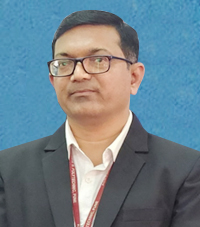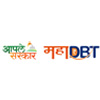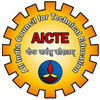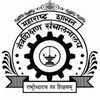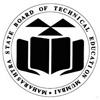VLAB Nodal Centre
AISSMS Polytechnic, Pune
NCID Number: 234
Year of Formation 2021
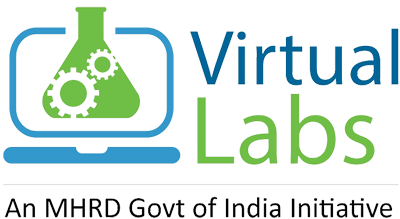
VLAB Nodal Coordinator
| Name | Prof. A. N. Gedam |
|---|---|
| Designation | Lecturer |
| Qualifications | ME (Computer Engineering) |
| Specialization | Machine Learning, Deep Learning |
| Experience | Teaching: 19 Years |
| angedam@aissmspoly.org.in |
Virtual Lab
Virtual Labs will provide to the students the result of an experiment by one of the following methods (or possibly a combination). Modeling the physical phenomenon by a set of equations and carrying out simulations to yield the result of the particular experiment.
This can, at-the-best, provide an approximate version of the ‘real-world’ experiment. Providing measured data for virtual lab experiments corresponding to the data previously obtained by measurements on an actual system. Remotely triggering an experiment in an actual lab and providing the student the result of the experiment through the computer interface. This would entail carrying out the actual lab experiment remotely.
VLAB Objective
-
- To provide remote-access to Labs in various disciplines of Science and Engineering. These Virtual Labs would cater to students at the undergraduate level, post graduate level as well as to research scholars.
To enthuse students to conduct experiments by the arousing their curiosity. This would help them in learning basic and advanced concepts through remote experimentation. - To provide a complete Learning Management System around the Virtual Labs where the students can avail the various tools for learning, including additional web-resources, video-lectures, animated demonstrations and self-evaluation.
- To share costly equipment and resources, which are otherwise available to limited number of users due to constraints on time and geographical distances.
- To provide remote-access to Labs in various disciplines of Science and Engineering. These Virtual Labs would cater to students at the undergraduate level, post graduate level as well as to research scholars.
Salient Feature
Virtual Labs will be made more effective and realistic by providing additional inputs to the students like accompanying audio and video streaming of an actual lab experiment and equipment. For the ‘touch and feel’ part, the students can possibly visit an actual laboratory for a short duration.
The Philosophy
Physical distances and the lack of resources make us unable to perform experiments, especially when they involve sophisticated instruments. Also, good teachers are always a scarce resource. Web-based and video-based courses address the issue of teaching to some extent.
Conducting joint experiments by two participating institutions and also sharing costly resources has always been a challenge. With the present day internet and computer technologies the above limitations can no more hamper students and researchers in enhancing their skills and knowledge. Also, in a country such as ours, costly instruments and equipment need to be shared with fellow researchers to the extent possible.
Web enabled experiments can be designed for remote operation and viewing so as to enthuse the curiosity and innovation into students. This would help in learning basic and advanced concepts through remote experimentation. Today most equipment has a computer interface for control and data storage. It is possible to design good experiments around some of this equipment which would enhance the learning of a student.
Internet-based experimentation further permits use of resources – knowledge, software, and data available on the web, apart from encouraging skilful experiments being simultaneously performed at points separated in space (and possibly, time).
AISSMS POLYTECHNIC VLAB Nodal Centre (NCID: 234)
. AISSMS Polytechnic has VLAB Nodal Centre (NCID: 234). At present Prof. A. N. Gedam, Lecturer in Computer Engineering Department acting as a Nodal Coordinator and Prof. S. S. Sonawane, Lecturer in Information Technology Department acting as an Outreach Coordinator along with seven faculty members are Department Coordinators from each department. AISSMS Polytechnic VLAB Nodal Centre was established in the year 2021.
AISSMS Polytechnic VLAB Nodal Centre Committee:
| Sr. No. | Name of Faculty | Department | Designation |
|---|---|---|---|
| 1 | Prof. S. K. Giram | Institute Head/Principal | |
| 2 | Prof. A. N. Gedam | Computer Engineering | Nodal Coordinator |
| 3 | Prof. S. S. Sonawane | Information Technology | Outreach Coordinator |
| 4 | Prof. M. T. Dangat | Electronics & Telecommunication | Department Coordinator |
| 5 | Prof. B. H. Chafekar | Civil Engineering | Department Coordinator |
| 6 | Prof. D. C. Pardeshi | Artificial Intelligence and Machine Learning | Department Coordinator |
| 7 | Prof. H. A. Shinde | Computer Engineering | Department Coordinator |
| 8 | Prof. A. B. Sutar | Mechanical Engineering | Department Coordinator |
| 9 | Prof. R. B. Gurav | Information Technology | Department Coordinator |
| 10 | Prof. G. N. Nagne | Automobile Engineering | Department Coordinator |
Yearly Usages: 2024
| Month | Workshop | Users | Usages |
|---|---|---|---|
| February | 7 | 471 | 1967 |
| March | |||
| April | |||
| May | |||
| June | |||
| July | |||
| August | |||
| September | |||
| October | |||
| November | |||
| December | |||
| Total : | |||
Yearly Usages: 2023
| Month | Workshop | Users | Usages |
|---|---|---|---|
| August | 5 | 119 | 215 |
| December | 8 | 396 | 4240 |
| July | 4 | 59 | 73 |
| March | 5 | 141 | 519 |
| May | 6 | 130 | 477 |
| October | 13 | 599 | 3088 |
| September | 11 | 346 | 865 |
| Total : | 9477 | ||
Yearly Usages: 2022
| Month | Workshop | Users | Usages |
|---|---|---|---|
| January | 0 | 0 | 0 |
| February | 0 | 0 | 0 |
| March | 17 | 776 | 1980 |
| April | 10 | 271 | 613 |
| May | 6 | 170 | 1099 |
| June | 0 | 0 | 0 |
| July | 0 | 0 | 0 |
| August | 1 | 10 | 10 |
| September | 7 | 176 | 482 |
| October | 0 | 0 | 0 |
| November | 18 | 1072 | 4625 |
| Total : | 8809 | ||
Virtual Labs – List of available labs for use
For More: https://iitb.vlabs.co.in/outreachportal/ncocdc/add_workshop.html
VLAB Registration and In-House feedback Process
The process of registration for in-house feedback for students and Faculty
Step 1:Go to https://iitb.vlabs.co.in/outreachportal/
Step 2: Click On Login.
Step 3: Click on Feedback Inhouse Form
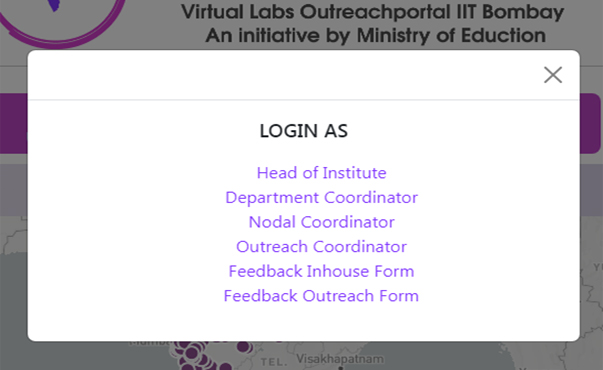
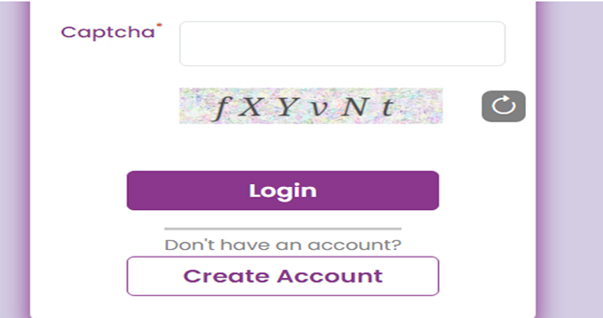
Step 4: Click on create account
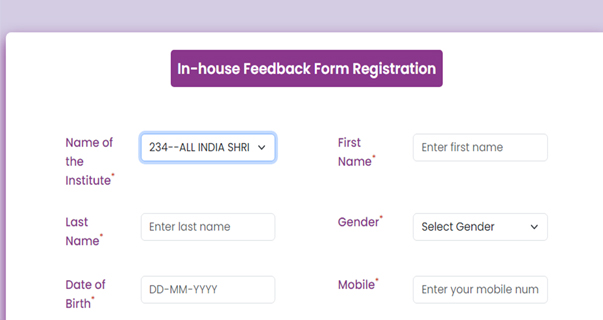
Step 5: Fill Your Personal Details with name of institute-234 compulsory.
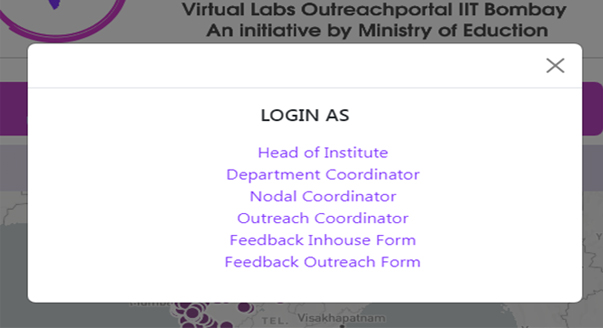
Step 6: After Registration Process completed. Click on Feedback Inhouse Form
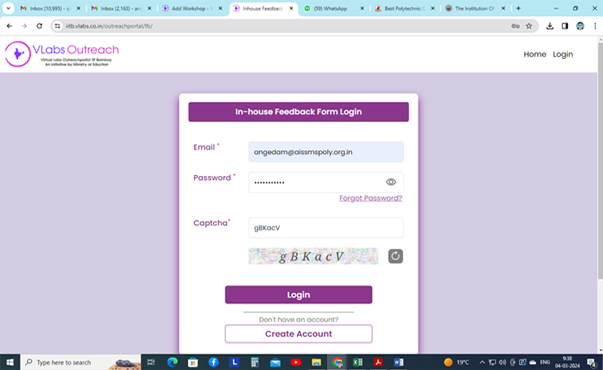
Step 7: Put your credential and then Click On Login.
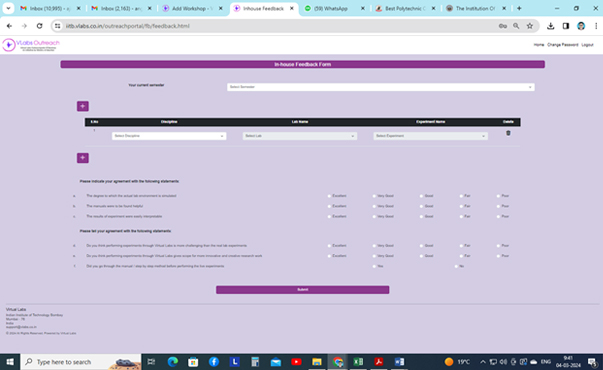
Step 8: Select Appropriate options and click on Submit Feedback.
